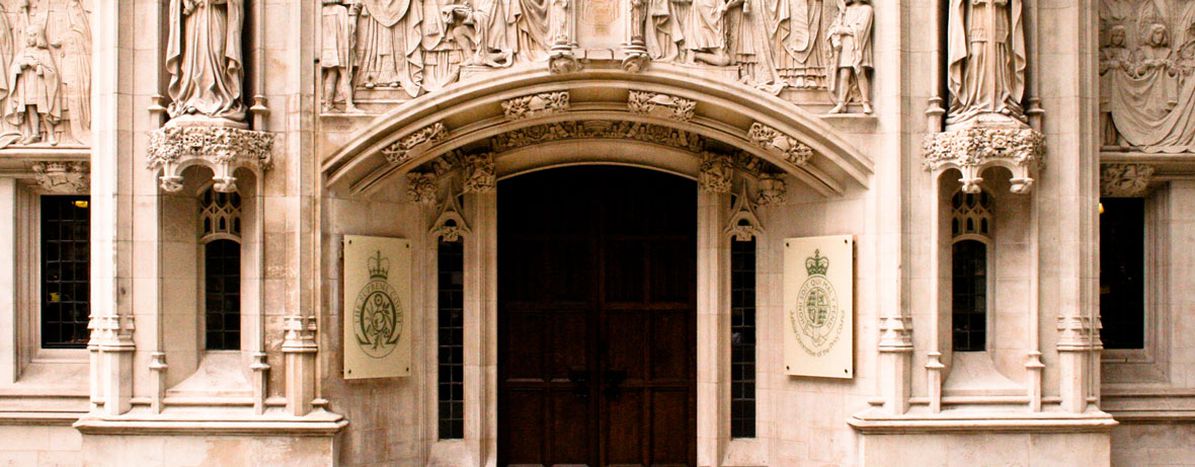
What now for Brexit after the Supreme Court ruling?
Published on
Another court ruling, same result - but this time, it's final. The UK Parliament has the right to vote on whether Theresa May's government can trigger the Brexit process, says the Supreme Court. But what does this mean in a context of unprecedented political turbulence?
It has been seven months since the people of the United Kingdom woke up to the news that they would be leaving the European Union, but the issue remains as contentious as ever. Following a high-profile legal battle, the UK government has now lost its appeal to the nation's highest court, and does not have the right to begin Brexit negotiations without parliamentary approval.
With an 8-3 majority, the judges of the Supreme Court have ruled that both the House of Commons and the House of Lords must give their backing before Prime Minister Theresa May can begin discussions with her European counterparts about exiting the bloc. This is welcome news to campaigners who have argued that, given the potentially serious legal consequences of Britain's withdrawal from the Union, it would be undemocratic for MPs not to be given some oversight in how it is handled.
The ruling also contained disappointments, however, specifically for the UK's devolved administrations in Scotland, Wales and Northern Ireland - who will not be given a separate say on the conditions attached to the triggering of Article 50. There are particular fears that in Scotland, where 62% of voters rejected Brexit, this could add fuel to the fire of First Minister Nicola Sturgeon's threats about a second Scottish independence referendum.
Back in London, while the judgement represents a defeat for May's government, it would be naive to imagine that ministers have not already devised a plan for this scenario, especially since losing the original High Court ruling in November. They will also be relieved that the Supreme Court justices stopped short of specifying the form that the Brexit legislation should take - meaning that the ball is now back in the government's court when it comes to deciding how to present the information to Parliament.
If everything goes smoothly, it may even be possible for the prime minister to stick to her original plan of triggering Article 50 as early as March. Even for opposition MPs who opposed Brexit, or may disagree with the terms she proposes, there is an element of self-interest involved in getting the process started as quickly as possible. With negotiations expected to take two years, any delay could push the UK's eventual exit from the EU later into 2019 or even 2020 - making Brexit an issue that overshadows another general election, and potentially a new government. The High Court ruling back in November may have complicated the process, but from the government's perspective, it seems like it's almost back on track.
Of course, much has happened in the rest of the world since that first ruling. Donald Trump has won the presidency of the United States, and taken office in a blaze of nationalist anger. Matteo Renzi has stepped down as Italy's prime minister after losing a referendum widely regarded as a rejection of the establishment. Dutch Prime Minister Mark Rutte, fearful of the encroaching shadow of far-right leader Geert Wilders, has just this week published an inflammatory message about immigration and national identity. In France, Marine Le Pen is circling like a xenophobic vulture over the dying days of Francois Hollande's presidency.
Against this backdrop, Brexit may have slipped somewhat from the headlines, but it hasn't disappeared - and the fear and anger that caused it certainly haven't either.



